Faculty Fellows
2018-2019 Daniels Fund Faculty Fellows
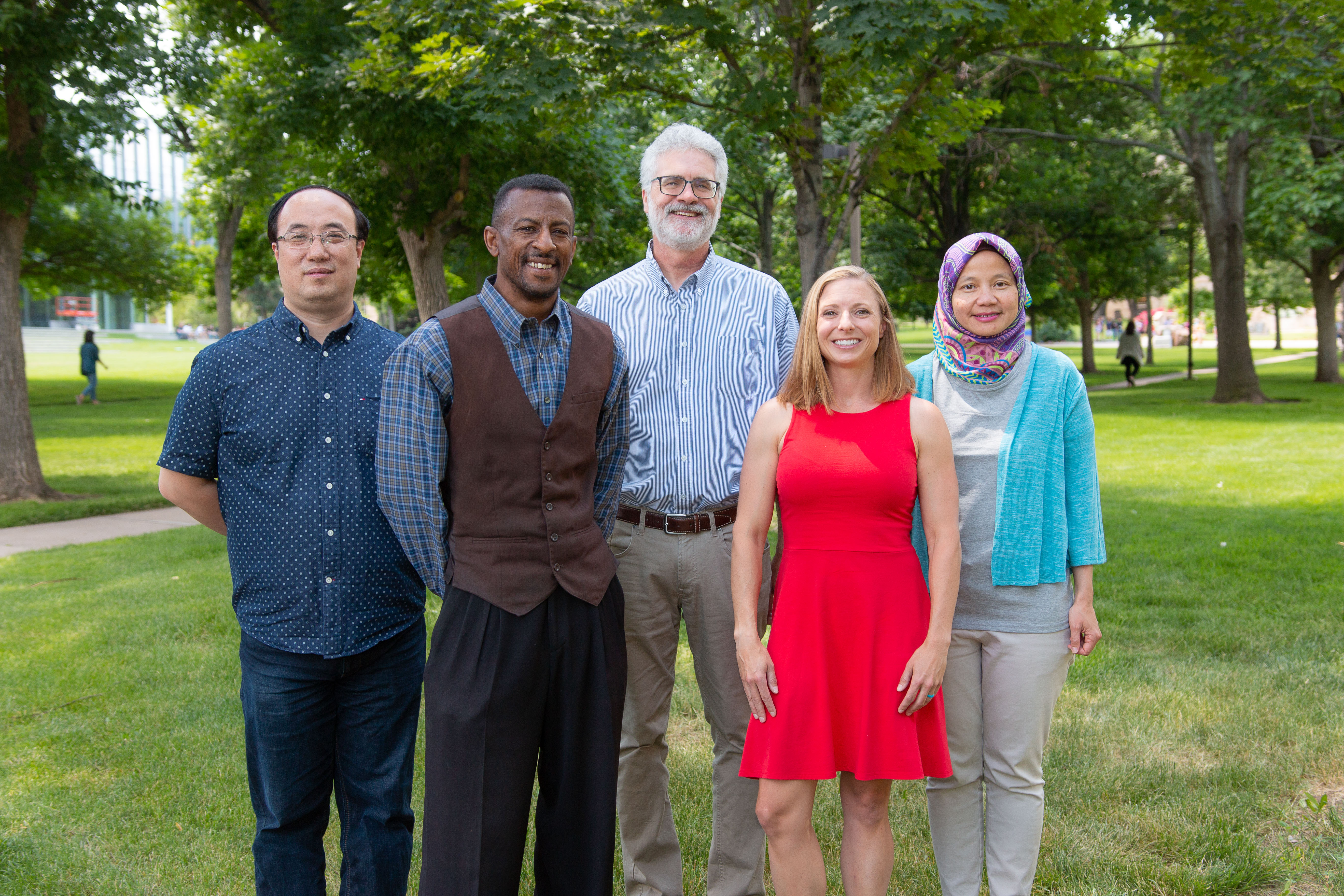
l-r Hua Wang, Derrick Hudson, Scott Houser, Olivia Burgess, Mirna Mattjik
Six Colorado School of Mines professors were named Daniels Fund Faculty Fellows for the 2018-2019 school year. Each professor received $5,000 to integrate ethics into their courses, develop lessons, modules or projects that feature ethical considerations as a central focus.
The new $178,000 grant supported efforts to further develop a website so innovations can be more widely shared, host pedagogy workshops for faculty, assess the Mines curriculum for optimal places to incorporate ethics, bring in world-class speakers and lay the groundwork for a certificate in professional ethics.

Olivia Burgess from the Division of Humanities, Arts and Social Sciences for Nature & Human Values (HASS100) and Science in Literature (HASS407). Burgess plans to formally explore how science fiction can aid in the development of ethical reasoning in a variety of contexts, from first-year core courses to upper-division electives, and in both humanities and technical coursework. Her goal is to create integrated and engaging lesson plans and activities that link literature and engineering ethics and foster STEAM –science, technology, engineering, arts and math – pedagogies.
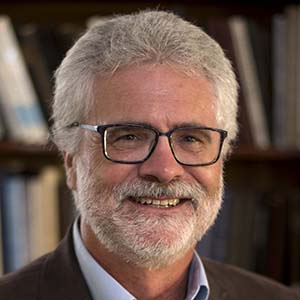
Scott Houser from the Division of Economics and Business for Principles of Economics (EBGN201). Houser will address ethical issues regarding equity, sustainability and decision-making in the core economics course. The goal is to create learning outcomes, assessments and learning activities that will explicitly focus on ethical considerations and analyses.
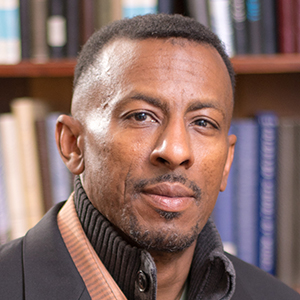
Derrick Hudson from the Division of Humanities, Arts and Social Sciences for Global Studies (HASS200). Hudson intends to explore how moral and ethical values change as societies experience more development and become increasingly complex. Utilizing insights from concepts in moral psychology and the sociology of religion, the fellowship will support the development of activities that will challenge students to explore the connections between ethics and development in the global era.
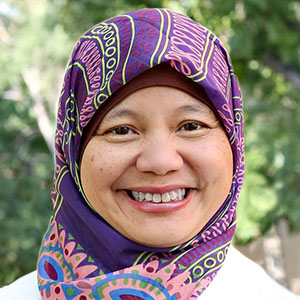
Mirna Mattjik from the Division of Engineering, Design and Society for Integrative Design Studio Years 2 and 3. Mattjik proposes to shift ethics instruction in the Design Studio from a focus on professional codes of conduct to the active appraisal of the ethical implications of design. Of particular interest are the products of the design process and how to employ social justice considerations in proposed solutions. Her proposal also has an active research component, which will analyze and compare students’ ethical problem-solving abilities, and includes an iterative process to improve student outcomes.
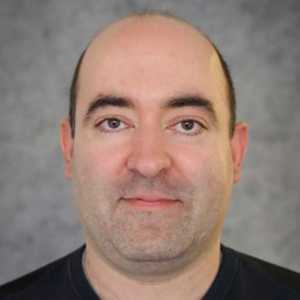
Salman Mohagheghi from the Department of Electrical Engineering for Power System Operation and Management (EENG581) and Power Grid Risk Management (EENG 584). According to Mohagheghi, although electrical engineering students learn about the importance of the environment and the availability of power, they are not taught in sufficient detail to grasp the delicate interconnection between energy, environment and society. His objective is to develop educational modules, homework assignments, in-class activities and course projects, all centered on social and environmental ethical dilemmas.
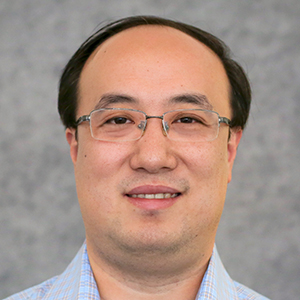
Hua Wang from the Department of Computer Science for Introduction to Machine Learning (CSCI 470). Wang plans to lay the groundwork for artificial intelligence research ethics. In particular, his project proposes to study autonomous trading agents in finance, self-driving cars and biomedical technology. In each of these areas, machines are not only capable of causing serious harm, but they assume responsibilities once reserved for humans. As such, they raise fundamental ethical questions which should be addressed in the classroom.
Returning Fellows
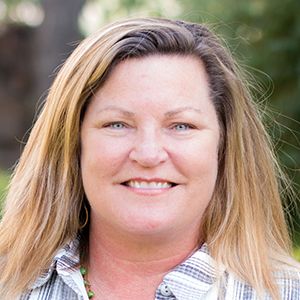

Toni Lefton and Sarah Hitt, both from HASS, for Innovation and Discovery in Engineering, Arts and Sciences (HNRS105). Lefton and Hitt’s first fellowship supported their efforts to incorporate ethical considerations into the first-year honors course. This award will support their goals to overcome the pedagogical challenge of ensuring knowledge transfer between technical and non-technical courses and the social/psychological challenge of disciplinary silos, and assess the outcome of micro-insertions of ethical discourse across a yearlong curriculum.

Chuan Yue from the Department of Computer Science for Introduction to Cryptography/Theory of Cryptography (CSCI 474/574) and Information Security and Privacy (CSCI 475/585.) Yue used his first award to revise many “abstract” homework problems into “mini design” problems, where students are required to make more complex, professional decisions. This award will focus on systematically revising and experimenting with some cybersecurity lab exercises.
2016-2017 Daniels Fund Faculty Fellows
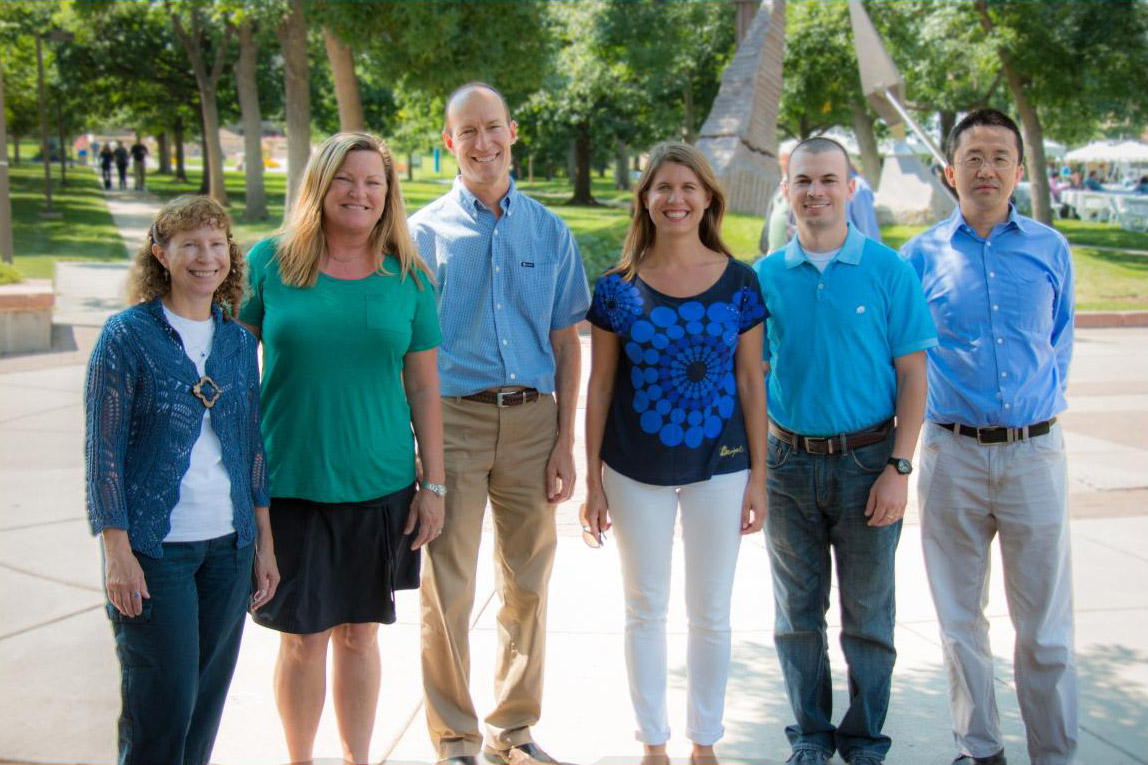
l-r Cyndi Rader, Toni Lefton, Paul Santi, Sarah Hitt, Jeffrey Paone, Chuan Yue
On August 5, 2016, seven Mines faculty were awarded the inaugural Daniels Fund Faculty Fellows award for their proposals on how to incorporate ethics into their courses. The Daniels Fund awarded Mines a $65K grant to incorporate ethics into the curriculum—each of the proposals will receive $5K for this ethics initiative. Mines is the first STEM-focused university to receive Daniels Fund grants for ethics.
With this award, the Faculty Fellows are expected to develop lessons, modules or projects that incorporate ethical considerations as a central focus. Upon completing their courses, the Faculty Fellows will assess the activity and develop strategies for adaptation, the goal being to create strategies that can be applied to a variety of courses. The faculty will then share their results with the campus community.


Sarah Hitt and Toni Lefton from the Division of Liberal Arts and International Studies for “Ethics Across the Honors Curriculum: Using a New First Year Honors Course as a Foundational Framework.” This proposal details the expansion of the Honors Program at Mines with two new courses focusing on an ethical framework. A new first-year honors course is in development, which will incorporate instruction and practice of professional, personal and environmental ethics.

Melissa Krebs from the Department of Chemical and Biological Engineering for “Ethics in Biomedical Engineering.” Krebs’ proposal defines how the course “Introduction to Biomedical Engineering” will have ethics modules built into the course to help prepare students for moral challenges that they may someday face as engineers. The biomedical ethics issues students will discuss include those surrounding stem cells, gene therapies and intellectual property.


Jeffrey Paone and Cyndi Rader from the Department of Electrical Engineering and Computer Science for “Ethics in the Computer Science Curriculum.” This proposal explains how the “Advanced Software Engineering” and “Programming Concepts” computer science field sessions will undergo an ethics instruction overhaul to be better integrated into the curriculum. The ethics instruction will go deeper than simply introducing the “Computer Scientists Code of Ethics” and will include discussions revolving around timely issues such as the use of drones and data mining.
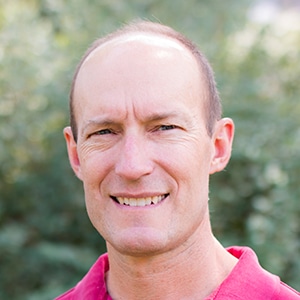
Paul Santi from the Department of Geology and Geological Engineering for “Ethics Education for Geological Engineers.” Santi’s proposal explores how the courses “Engineering Geology Design” and “Advanced Geological Engineering Design” will incorporate considerations of ethical constraints on designs, workplace behavior and client relations. Students will also examine contemporary moral issues in geological engineering and participate in classroom exercises that demonstrate complex ethical dilemmas.

Chuan Yue from the Department of Electrical Engineering and Computer Science for “Incorporating Ethics Instruction in Security and Privacy Courses.” This proposal describes how the two main computer security and privacy courses offered at Mines, “Introduction to Cryptography” and “Information Security Privacy,” will add ethics modules that address topics such as the difference between ethics and law and discuss the responsibilities that arise from the highly-specialized nature of activities such as cyberterrorism and information warfare.